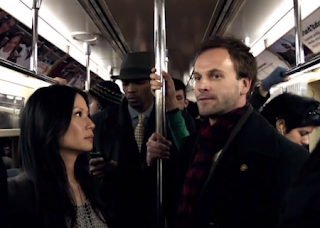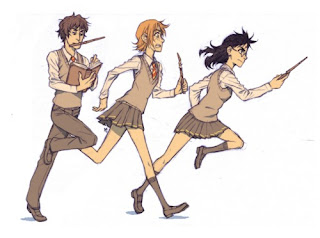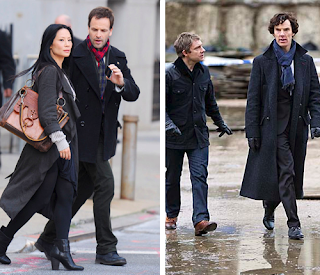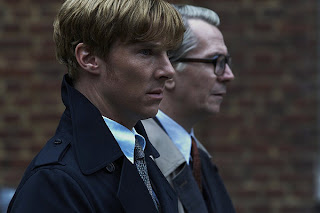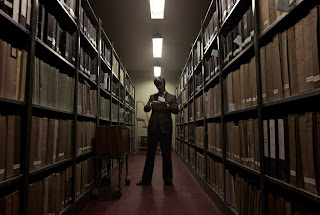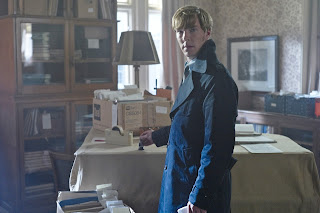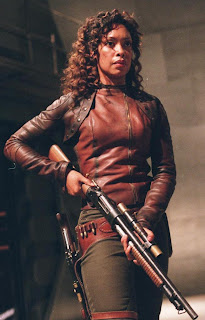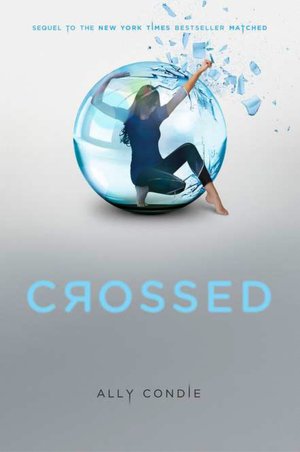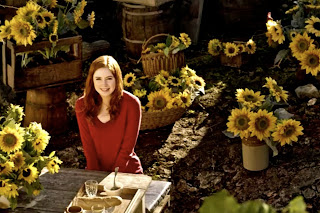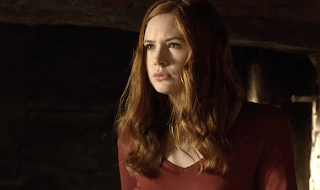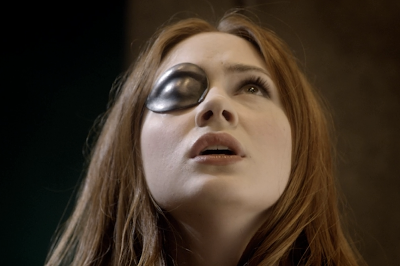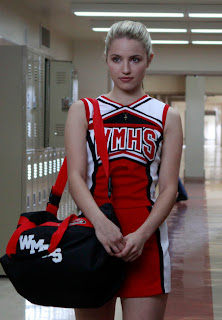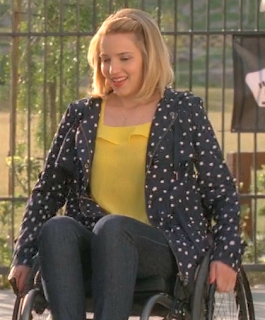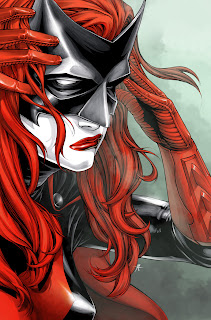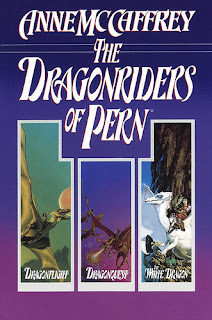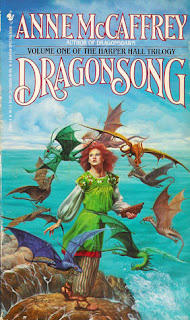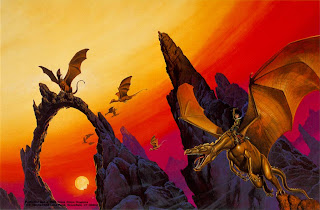 |
| Mike Chang's not even in this picture. |
I don't think I've ever confessed this
before, because I really prefer not to think about it, but I was
really into Glee when it
first came out. Like super-duper into it. It had all the hallmarks of
a thing I knew I would love. It was a cynical comedy about awkward
losers reaching desperately for one last chance at fame before being
swallowed up by the crushing emptiness of adulthood.* There was
singing, and dancing, but all of that only served to undercut the
fact that we were watching a group of lovable misfits and the world's
worst teacher attempt to win at something that wasn't even worth
devoting their time to. All while they all had much bigger problems
they were ignoring. Trust me, I was totally into it.
And
then season one happened. I stuck by it, because I was a theater kid
in high school, so I still related, and every once in a while they
would pile on the cynicism again and I would feel right at home. When
Puck realized that even being in the same room as kids from Glee
was giving him contact-nerd, that felt real. When Quinn kept
disseminating on who her baby-daddy was, and being kind of a bitch
about it all, I liked that. When Will's wife made up a fake
pregnancy...that was just weird.
But I
kept watching, because lots of my favorite shows have taken a while
to even out (*cough* Supernatural
*cough*), and I wasn't going to give up because of a few bad
episodes.
And
then season two happened. And shit got real.
 |
| Just add theme weeks! |
Or,
well, I should say, shit got fake. Like, really fake. All of a
sudden, Kurt went from being a relatable, realistic gay kid with just
about the same number of problems as everyone else, to Saint Kurt,
only on screen to give out the heartwarming message about tolerance
and acceptance. The cynicism was gone, and in its place was a
terrifying earnestness and preachiness that made it impossible to
enjoy the show without feeling like you were watching an after school
special created just to torment you.
I
don't like season two.
By
season three, I just straight up wasn't watching anymore, except for
the occasional Santana/Brittany scene, because those two are my
favorite. But that was it. While some people have said that season
three really got a lot better, I suggest they remove the "a lot"
from that sentence, and counter their "better" with a "well
it couldn't get worse, could it?"
This
brings us now to the season three finale of last night, which I
watched because I was one, masochistic, and two, mildly curious about
Santana and Brittany's fate.
It
wasn't worth it.
I
mean, I could have guessed that, but the finale really cemented for
me everything that I hate about the show. It's become a non-stop
stream of "teaching moments" and musical shout outs, and
plot is a boogeyman the writers tell their children about at night to
scare them.
Really,
I can say everything I need to about how much I really dislike the
show right now by talking about Quinn.
Remember
Quinn? In season one she was a classic cheerleader mean girl. She was
rich, blonde, dating the quarterback, and in serious hate with Rachel
Berry, who she thought just might be a rival for her boyfriend's
affection. Then Quinn got drunk, slept with her boyfriend's best
friend, and got pregnant, all in short order. She lied about who the
father was, because she quite reasonably understood that telling the
truth would brand her a slut, and was kicked out of her house when
Finn, her boyfriend but not the father, told her parents she was
pregnant. She lived with him for a while, until he found out he
wasn't the father, then she lived with Puck, who was the father,
until Mercedes took her in. Then she went into labor at Regionals,
had a baby, gave it up for adoption, and went back to live with her
mother.
Whew.
Quinn
had a rough season one, but it was clear how she changed as a person.
She became a deeper, more interesting person, who understood hardship
in a way that few of the other glee kids did, and was able to speak
to them from experience. She got it. And she wasn't afraid to tell
them when she thought they were being stupid, or petty.
Fast
forward to season two. Now pretend none of that ever happened. Quinn
is back to being blonde, pretty, rich and thin, and she wants nothing
more than to be a cheerleader again. Her emotional growth is behind
her, as is her life-changing friendship with Mercedes and love for
Puck. Nope, now she's jamming on Sam, the new kid in school, and
scheming about how to be the new power couple. Bleh.
Quinn
didn't really do a lot in season two, and I have to say that I'm kind
of happy about that. Season two was awful, and the less she had to do
with it, the better.
That
having been said...
In
season three, Quinn starts out with serious attitude problems, a
classic bad girl thing going, and pink hair. She's not into glee, mad
at the world, and smokes out behind the bleachers. So, pretty much a
normal seventeen year old reaction to the crap she's been through in
the past couple of years. This is, of course, until her baby's
adoptive mother starts to teach at the school, and Quinn realizes
that she wishes she hadn't given her daughter up for adoption. This
is treated like she has just declared war on kittens, and not like
the completely understandable hormonal reaction of a confused and
angry seventeen year old. She starts to scheme to get her baby back.
 |
| Not far off from how I looked in hs, and college. |
Along
in here, Mr. Schue, the glee teacher, takes Quinn aside and tells her
that her behavior is unforgivable. Having pink hair and smoking are
terrible life choices, and she's being really selfish and horrible to
think that she could do that. She hasn't been through anything!
(Except a teen pregnancy, being homeless, giving up a child, and then
foundering without any emotional support for a year, but, whatevs.)
Quinn
tries for a while to get her daughter back, culminating in a plan to
expose her daughter's adoptive mother, Shelby, for the affair she's
having with Puck. This would cause Shelby to be fired, a bunch of bad
stuff to happen, and Quinn to ultimately get her daughter.
She
stops, eventually, swayed by some folderoll about maturity and being
young and that crap, which blinds you to the really important thing
here.
Shelby, a teacher, is having an
affair with Puck, a student. Quinn is COMPLETELY WITHIN HER RIGHTS to
find this objectionable and report it. In
fact, she has a moral obligation to do so. Just because Puck is 18
and stupid, doesn't make this not a breach of trust and very wrong.
With
that, Quinn mends her ways and becomes the swami to the glee club
once more. When Rachel and Finn decide to get married, Quinn tells
them not to, because teenage weddings are a terrible idea. Rachel is
hurt by this because Quinn is supposed to support everything she
chooses to do, but Quinn maintains her issues, even though she comes
to the wedding.
Then
she gets hit by a car.
So, to
recap, she has now gotten pregnant, been homeless, given up a baby,
tried to get the baby back, and is now paralyzed from the waist down.
Awesome.
Her
storyline for the next couple of episodes focuses on the fact that
Quinn is paralyzed, but convinced she won't be paralyzed forever,
getting physical therapy, then, at prom, Rachel finding out that
Quinn has been faking her injury. I'm sorry, what? She likes the
attention? What? How is that crack, writers? Is it good?
All of
this brings us to the finale, where Quinn finally
graduates from high school, and goes off to college at Yale Drama.
It's an impressive ending for her, and one that I think she well and
truly deserves.
So,
how much of the ending actually addresses it?
Almost
none.
There
are a couple of scenes where she comforts Rachel, a scene where she
helps Puck, general scenes where she continues being wise Quinn, and
one, count em, one scene with Coach Sue where she actually talks
about being excited for college.
And
then in the last five minutes of the show, everyone shows up to wish
Rachel well as she gets on a train for New York.
 |
| Riiight, because *they're* the most interesting characters. |
We
ignore the fact that Santana is also going to New York, that Quinn is
going to New Haven, that Mike is going somewhere cool, Mercedes is
going to LA, and that Kurt and Finn were dumb enough to only
apply to one college? It all
ends with Rachel, schmaltz, some over-sentimentality as we force out
a few tears for an ending that is about as genuine as Dolly Parton's
face, and so many crammed in numbers around an arbitrary theme that I
wanted to hurl.
What
the hell, show, what the hell?
I
think, in a way, this really sums up my feelings about Glee.
We, the viewers, are Quinn. We've been battered and bruised, and
every time we try to react the way we realistically would in the
situation, we're told that we're wrong. When we start to get some
perspective, we're smacked right back down to the beginning.
No
more, Glee, no more.
And
you know the best part? Ryan Murphy has said that all of the
graduating cast will be back next season anyway.
Of.
Course.
 |
| Allow the epicness of Naya Rivera and Gloria Estefan to make up for all of that bile. Better now? |
*No, I
don't have emotional problems, why do you ask?





